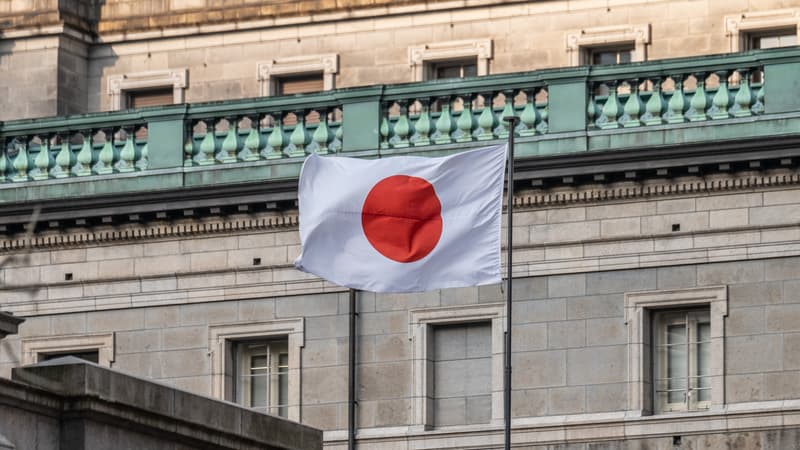First strike since 1962 in a Japanese department store. Closed black shutters and signs announce an “exceptional” closure: in one of the best-known boutiques in the country.
Some 900 workers and union members at the Seibu Ikebukuro department store in Tokyo have gone on strike to protest the sale of the store’s struggling operating company, Sogo & Seibu.
“We sincerely regret the inconvenience caused,” repeated one of the unionists into a megaphone in front of the main entrance, where about twenty employees had lined up so as not to disturb passers-by.
They distributed brochures to explain their social movement to the inhabitants and users of Ikebukuro station, one of the busiest in the world, adjacent to department stores that attract some 70 million visitors each year to its 14 floors.
Sogo & Seibu has nine other department stores in Tokyo and elsewhere in Japan. The cartel’s approximately 5,000 employees fear a severe restructuring after the sale by its owner Seven & i Holdings to the US investment group Fortress.
“I think the strike is revolutionary”
The strike made headlines in Japan. TV channels filmed live in front of the store, including from the air with a chartered helicopter.
“I think the strike is revolutionary,” Susumu Aso, a 68-year-old pensioner, told AFP, confident that he had traveled two hours by train to come see this demonstration. “I think it will have a big effect at the national level.”
The sale of Sogo & Seibu will be finalized on Friday, Seven & i Holdings and Fortress confirmed in separate statements on Thursday. The US group has promised to maintain employment “to the extent possible.”
Department stores are an institution in Japan, but many are struggling to adjust to new consumption patterns, and those located outside of the country’s major urban centers are also seeing demographic decline.
Their number has risen from 311 in 1999 to 181 this year, according to a recent note by Michael Causton, co-founder of research firm JapanConsuming, noting that some of them now function as shopping malls.
Source: BFM TV


